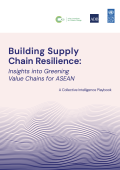
This case study highlights how Malaysia’s Greening Value Chain Programme offers lessons for helping ASEAN’s SMEs cut carbon, save costs and stay competitive.
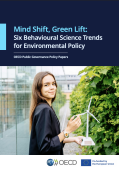
This report shows how behavioural science can speed up the green transition by making environmental policies smarter and more effective.
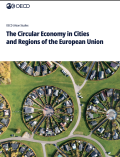
This study looks at how EU initiatives, like the Circular Economy Act and the New European Bauhaus, are leading the way in circular solutions.
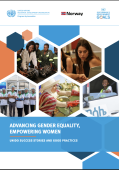
This collection of success stories highlights how women are leading change boosting access to clean energy, strengthening agribusinesses and improving global supply chains.
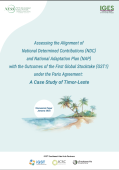
This assessment takes a look at the country’s Nationally Determined Contributions and National Adaptation Plan against the outcomes of the first Global Stocktake.
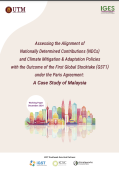
This report evaluates how closely the outcomes of first global stocktake align with Malaysia’s current NDCs and other climate policies for mitigation and adaptation.
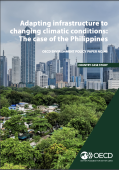
This policy paper presents findings carried out in the Philippines on mainstreaming climate resilience in infrastructure planning and development.
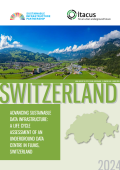
The case study details the innovative approach of using Underground Data Centres (UDCs) as a sustainable alternative to traditional aboveground data centres.
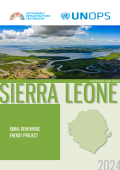
The case study details how the Rural Renewable Energy Project in Sierra Leone significantly improved energy access and empowered communities, particularly women, through sustainable infrastructure development in rural areas.

The flyer describes in a short and concise way a procedural model for the development of policy instruments for resource efficiency for manufacturing industries. Based on five principles of action: docking, impact, urgency, prioritization and integration and a phase model, the concrete results of the application in the Argentine metal processing industry are described.
